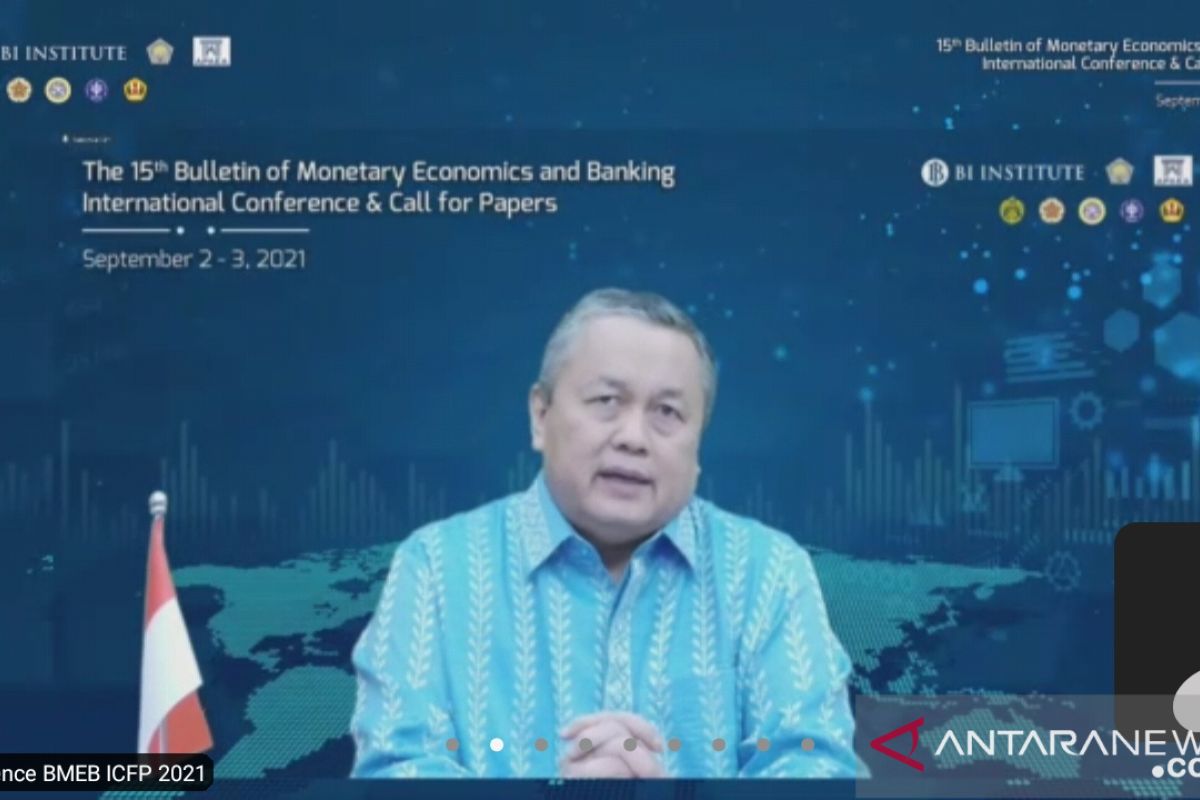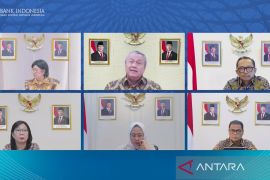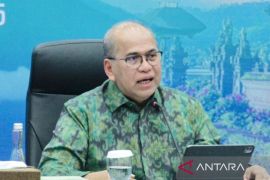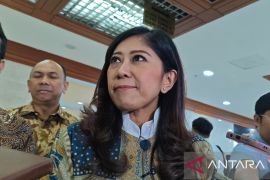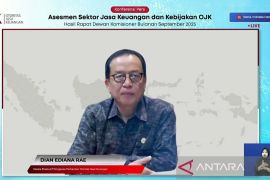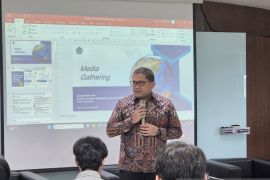For developing countries, as we are still bolstering vaccinations and our stimulus is not as big as developed countries, we have to recover, be stronger and more resilient, as well as create various reforms.Jakarta (ANTARA) - Bank Indonesia (BI) Governor Perry Warjiyo underlined the importance of establishing strong economic resilience in Indonesia in order to coexist with the COVID-19 pandemic in future.
"This is one of the challenges we are facing right now," Warjiyo remarked at the 15th Bulletin of Monetary Economics and Banking International Conference here on Thursday.
The BI governor deemed resilience as being crucial for a country to tackle the COVID-19 pandemic while living with it.
He highlighted that each nation’s economic recovery was occurring differently, as it depends on its promptness in aspects of vaccination, fiscal and monetary stimulus, and global conditions.
"Countries that can quickly vaccinate (its people) while having a large stimulus will grow rapidly," Warjiyo affirmed.
He pointed out that China and the United States were nations that had recovered promptly from the pandemic owing to the influx of considerable stimulus.
China's economy is projected to grow 8.4 percent in 2021 and 5.5 percent in 2022, while the United States is projected to rise by 6.8 percent this year and 3.4 percent next year, he added.
"For developing countries, as we are still bolstering vaccinations and our stimulus is not as big as developed countries, we have to recover, be stronger and more resilient, as well as create various reforms," he expounded.
Related news: Bappenas drafting four strategies to boost economic resilience
In addition to resilience, Warjiyo also gave due importance to conducting digitalization in Indonesia if it has to coexist with the pandemic, considering that the current community mobility was limited.
Moreover, Indonesia must focus on financial inclusion and a sustainable green economy for coexisting with COVID-19 in the future, he stated.
Earlier, the Indonesian government and the House of Representatives (DPR) had agreed to raise the lower limit of the national economic growth target for 2022 to 5.2 percent, from five percent earlier, according to Finance Minister Sri Mulyani Indrawati.
In addition, the government will continue to stimulate economic activities through various social protection programs for workers and incentives for the business sector, she affirmed.
The endeavors are expected to boost household consumption that serves as one of the engines of economic growth, she noted.
Related news: Health Minister reveals strategies to coexist with coronavirus
Related news: Health ministry to focus on controlling COVID transmission in 2022
Translator: Agatha V, Kenzu T
Editor: Suharto
Copyright © ANTARA 2021
